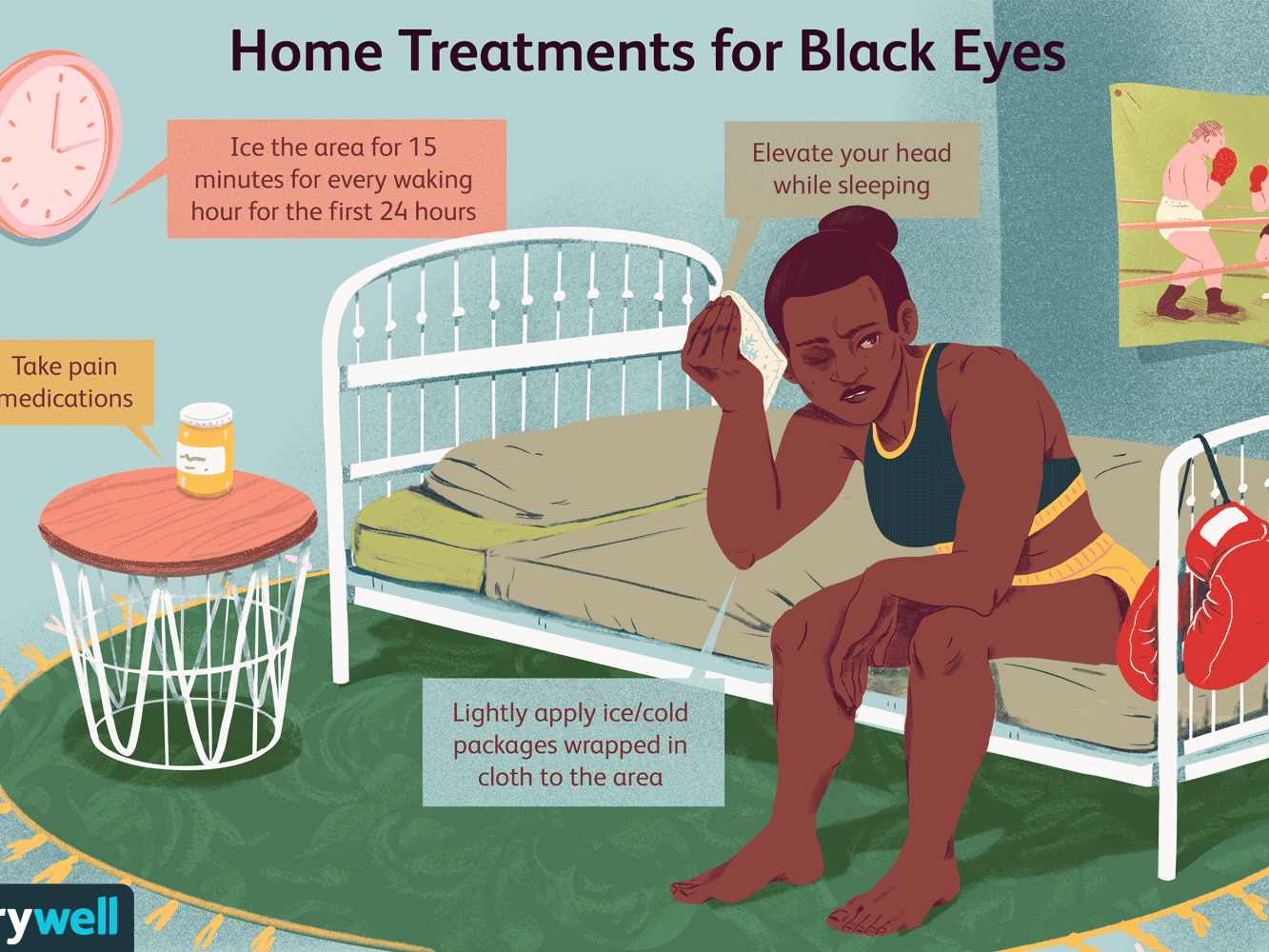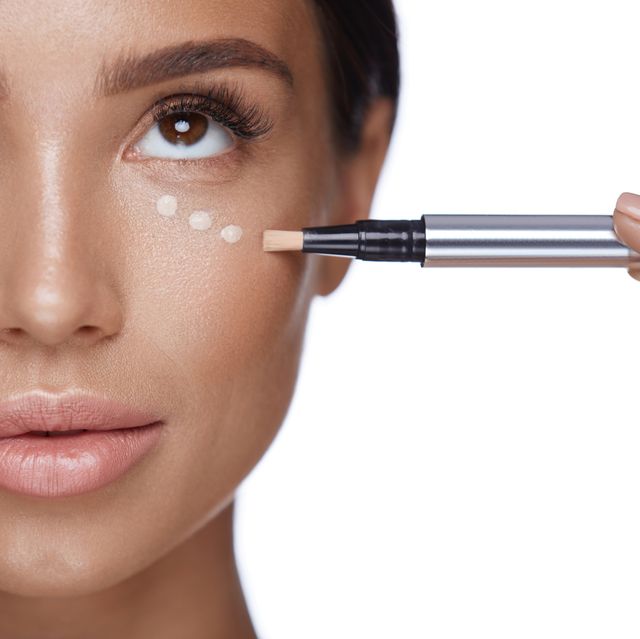
This article will provide you with some tips on how to stop your tears. It will help explain the three types: Emotional, Reflex, and Irritating tears. Epiphora is another common reason for crying. It is important that you know the differences between these tears so that you can appropriately treat them. However, you should still seek medical attention if the tears persist. If the problem persists, there are several steps you can take to stop the tears.
Reflex tears
Reflex tears are natural tears we produce when exposed to external stimuli. These tears serve many protective functions such as protecting the cornea from dirt and irritants, and lubricating it. They also protect our eyes against infections. They don't have the same lubricating properties as other tears so they are often small and do not provide lubrication. They are also small and inconsequential. Excessive production can cause irreversible damage.

Irritating Tears
It is a natural reaction to irritation. During the process of crying, fluid fills the eye. An increased fluid level can worsen eye conditions and cause irritation. There are other possible causes for burning eyes, such as dryness and environmental irritants, like soap and allergies. Either way, it's important to contact a healthcare professional right away if you notice any of these symptoms. These symptoms could be a sign or a serious eye condition.
Tears of sorrow
Emotional crying contains hormones as well as proteins that help us to feel calm and relaxed after crying. Reflexive crying releases similar hormones but they are more powerful than basal tears. Scientists have suggested that emotional tears may also be produced as a response to emotions. Tears have a similar composition to saliva, including proteins, lipids, adrenocorticotropic hormones, and electrolytes.
Epiphora
Watering eyes are a common, irritating, but non-life-threatening problem. This is when tears from the eyes don't drain properly and get clogged up in the eyelids. The symptoms of epiphora include the tears running over the eyelids and the occurrence of crusting and mattering of the eyelashes. Many causes can lead to watering eyes. Some people suffer from continuous watering. Fortunately, there are many natural remedies for epiphora.

Treatments
The best treatment for crying eyes is a prompt diagnosis. Even though tears are normal, intense or prolonged crying may indicate an eye condition. Although tears lubricate the eyes and protect vision, emotional tears have different qualities. They also contain additional proteins. Tears can also be a sign that you have a more serious condition. Your doctor can diagnose the root cause and prescribe treatment.